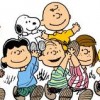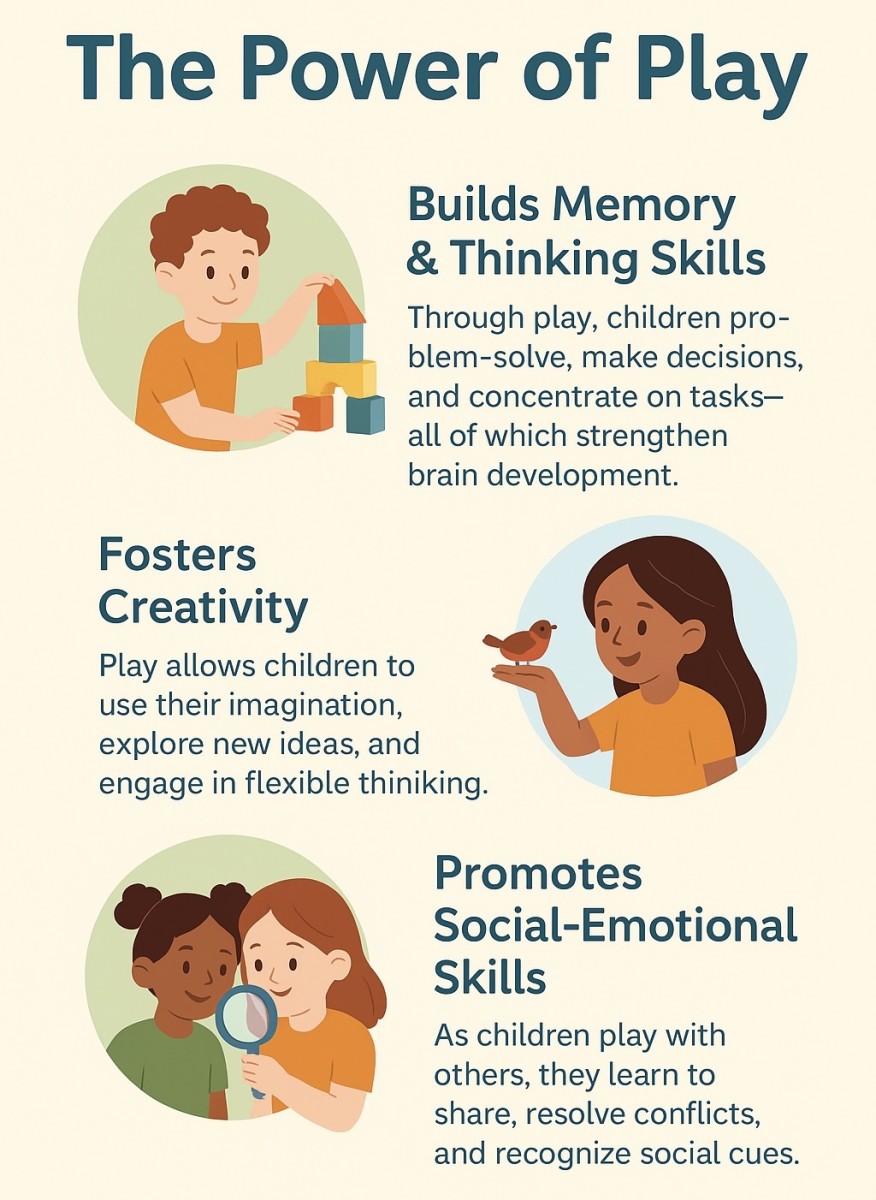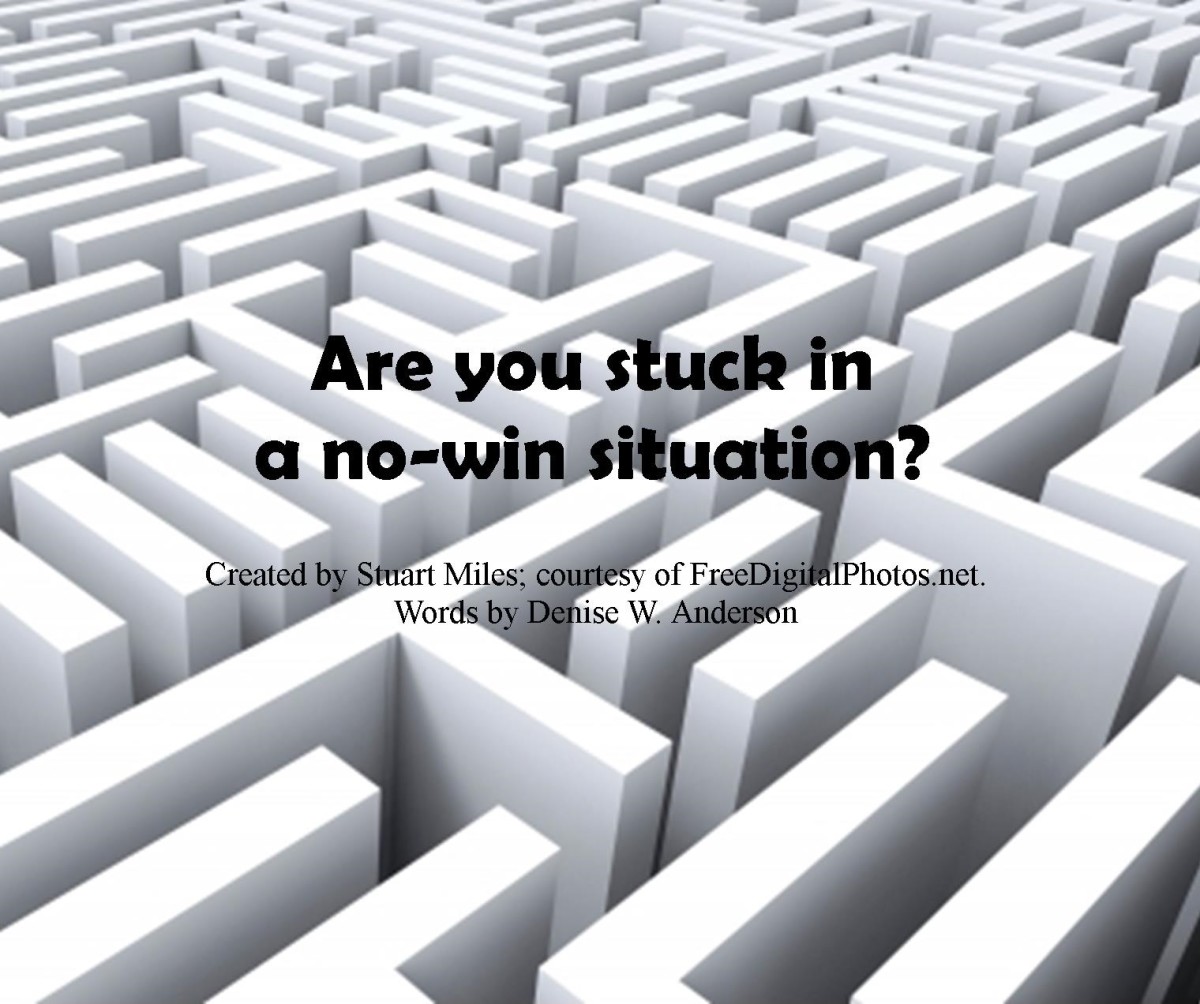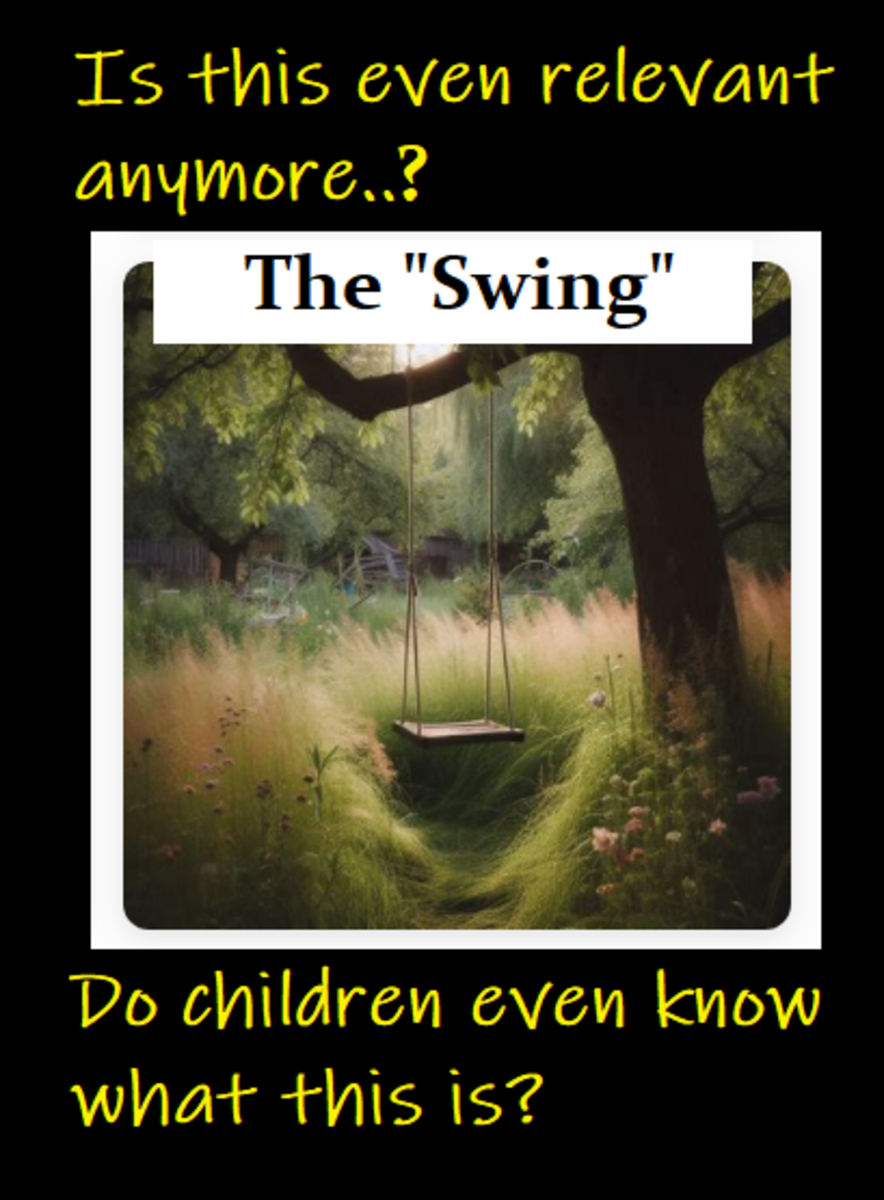- HubPages»
- Family and Parenting»
- Kids»
- Children's Growth & Development
Help Your Child Develop Intelligence Early With These Simple Tips
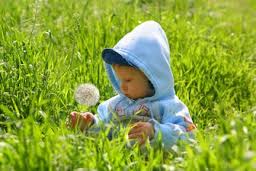
From the very moment a new born baby takes their first breath, we know the brain is fully developed. Similar to the heart or lungs, the brain has all the hardware in place. This, however, does not mean that a person’s intelligence is determined at this point. A great deal of programming still has to occur. The brain’s cells are formed before birth but there are still all the connections that need to occur between cells. The majority of connections among cells are made during infancy and early childhood. This knowledge opens a wide but critical time in which supporting brain development is very important. Providing quality experiences like singing, playing, and reading are ways to foster intelligence and support child development. These quality experiences are essential for establishing strong connections that create the foundation for learning. There is no special program required to help your child develop intelligence; only a genuine interest and enthusiasm for learning about the world.
Get Started!
The job of parents and educators is to provide lots of quality experiences early, to help children establish connections and optimize their learning. This does not mean that we have to buy expensive toys or invest in elaborate lessons. It simply means we need to be available to support children, as they encounter new things and learn about the world. It is important to be there to name an object when a child becomes curious, or extend their thinking with new questions. Modelling language, providing quality learning experiences, and being there to support and talk about new concepts, is critical in order to build intelligence and also give children a good foundation for when they enter school. Below are some examples of questions and activities that parents and educators can use to provide children with quality learning experiences, and support the early intellectual development of children. It offers ideas for exploring math and language concepts that investigate patterns, numbers, shapes, words, and letters in the world. Use the suggestions and go on a little exploration of the world with your child. There are new learning experiences to discover everywhere you look!
Patterns in the World!

Concepts to Talk About With Young Children
The following are questions and activities that can be used with young children to open their minds to new learning. They are activities that can be done anytime, anywhere. The important thing is to support children with understanding concepts and promote conversation skills to build vocabulary. Oral language is critical for children in order to learn reading and writing.
- Identify the colors of an object and think of other objects that are the same color.
- Identify the material of an object. For instance, is it wood, metal, fabric, plastic, etc?
- Hold an object and describe the look, feel, and smell. This is a great way to build vocabulary with young children. Be sure to use lots of interesting words to describe.
- Talk about the shape of an object and find other objects in the world that have the same shape.
- Discuss the different uses for the object you are investigating. Help children to extend their thinking by coming up with a new use.
- Identify patterns in the world. Read the pattern with children to help them establish a better understanding i.e. red, cream, blue, red, cream, and blue. In the sock example a pattern can also be discovered in the ribbed knitting.

Explore the World
The environment offers smorgasbord of lessons for young children in the areas of language, math, science, phonics, creative arts, etc.
- Go on a nature walk and collect items. Sort and classify them according to their characteristics.
- Discuss what living things need to stay healthy, i.e. What does grass need to grow lush and green. Identify living and non-living objects in the environment.
- Name objects in the world that start with the same letter sound.
- Count objects in the environment. For instance, grab a handful of grass and count the number of blades you have in your hand. Choose five and order them from shortest to longest. Put them in groups of fives or ten.
- Use objects in nature to create beautiful pictures.
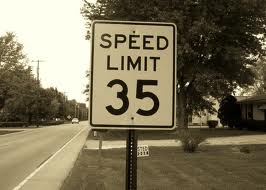
Find Examples of Print
The street sign is an example of print in our world. Taking time to talk to children about the words and messages all around, will help them to understand that print has meaning. It will also help to introduce early word and letter knowledge.
- Identify words, letters, and numbers on signs, menus, cereal boxes, etc.
- Take time to notice one particular letter or number, in all the places it appears throughout the day.
- Extend your child’s thinking by discussing print messages in the world and why they are important, i.e. the purpose of a street sign.
- Go on a hunt to discover all the different places numbers can be found.

Clouds in the Sky Activity!
Gaze upward and discover the magical landscape of the deep blue sky. At night, or in the day, there is always something to ponder.
- What are the colors in the sky? Name other objects with the same colors.
- Use your finger to trace a cloud.
- Use your imagination to discuss what it would be like to be up in the clouds.
- Talk about how clouds move, the purpose for clouds, and their benefits.
- Use your imagination to look for shapes in the clouds that remind you objects in the world.
- When saying the word cloud what sounds can you hear? Name other words that start with the same sound.
- Use interesting words to describe what clouds look like and what they might feel like.
Remember to Always Read With Your Child
- Just How Important is Reading Aloud to Children?
Discover the value of reading aloud to children in the development early literacy skills. Learn how to make this highly-effective strategy a part of children's learning.
The world is a young child's oyster! Help children discover it to the fullest, with rich conversations and experiences that create valuable connections in the brain. These early connections build a foundation that will enhance the intellect, and prepare children with skills and knowledge needed for success in school and in life!
Related Articles You May Enjoy
- Five Fun Phonics Games for Children
Make learning phonics fun for children with these five phonics games that are sure to inspire reading. - Teach Reading to Kids with Everyday Texts
Discover how to maximize reading opportunities for children by taking advantage of texts encountered everyday in the world. - Hand Puppets Help Children Learn Valuable Skills
Puppets are a cherished toy that can provide many important educational benefits. Discover the value of using puppets for teaching children language skills and for supporting social/emotional development.
Discovery Toys at Just Click Kids
- Just Click Kids
Shop and Save On Educational Games and Toys!
